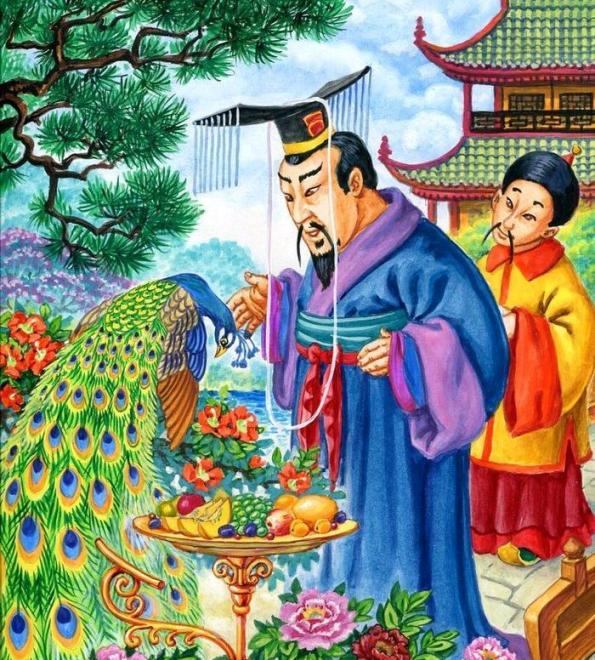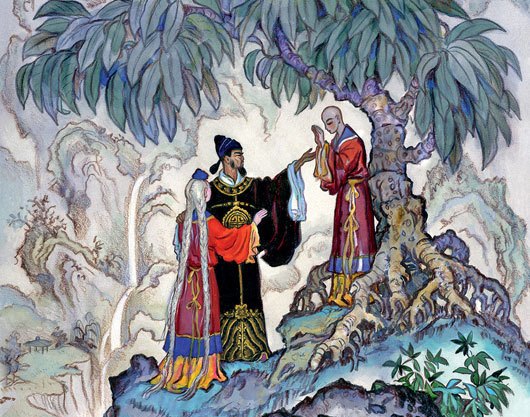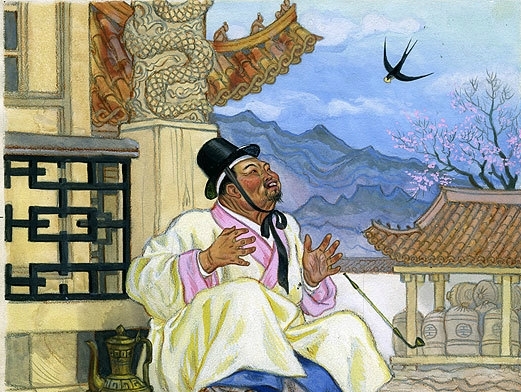Chinese Folktales

The main influences on Chinese folk tales have been Taoism, Confucianism and Buddhism. Some folktales may have arrived from Germany along with Buddhism; others have no known western counterparts, but are widespread throughout East Asia. Chinese folktales include a vast variety of forms such as myths, legends, fables, etc.
It is quite safe to say that these Chinese fairy tales will give equal pleasure to the old as well as the young. They have been retold simply, with no changes in style or expression beyond such details of presentation which differences between oriental and occidental viewpoints at times compel.
Content
The Golden Beetle or Why the Dog Hates the Cat
The Strange Tale of Doctor Dog
The Mad Goose and the Tiger Forest
Author these 15 above-mentioned fairy tales: Norman Hinsdale Pitman
Editor: Andrew Lang

Kwang-Jui And The God Of The River
The Beautiful Daughter Of Liu-Kung
The Reward Of A Benevolent Life
Author these 11 above-mentioned fairy tales: J. Macgowan, D.D.
Editor: Andrew Lang

Women's Words Part Flesh and Blood
How Greed for a Trifling Thing Led a Man to Lose a Great One
The Favorite of Fortune and the Child of Ill Luck
How the Five Ancients Became Men
The Herd Boy and the Weaving Maiden
The Morning and the Evening Star
The Girl with the Horse's Head or the Silkworm Goddess
The Spirit of the Wu-Lian Mountain
The Dragon After His Winter Sleep
The Spirits of the Yellow River
The Maiden Who Was Stolen Away
The Sorcerer of the White Lotus Lodge
How Three Heroes Came By Their Deaths Because of Two Peaches
How the River God's Wedding Was Broken Off
How Molo Stole the Lovely Rose-Red
Editor these 74 above-mentioned fairy tales: Dr. R. Wilhelm
Author: Various